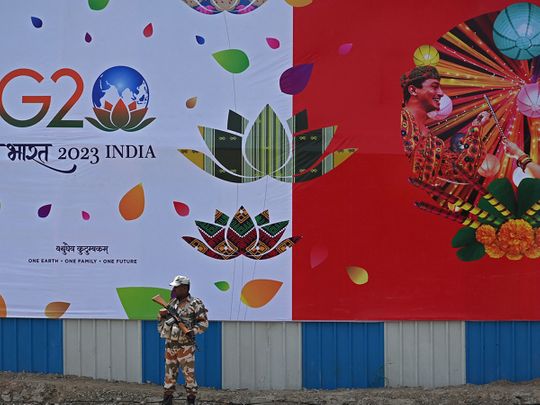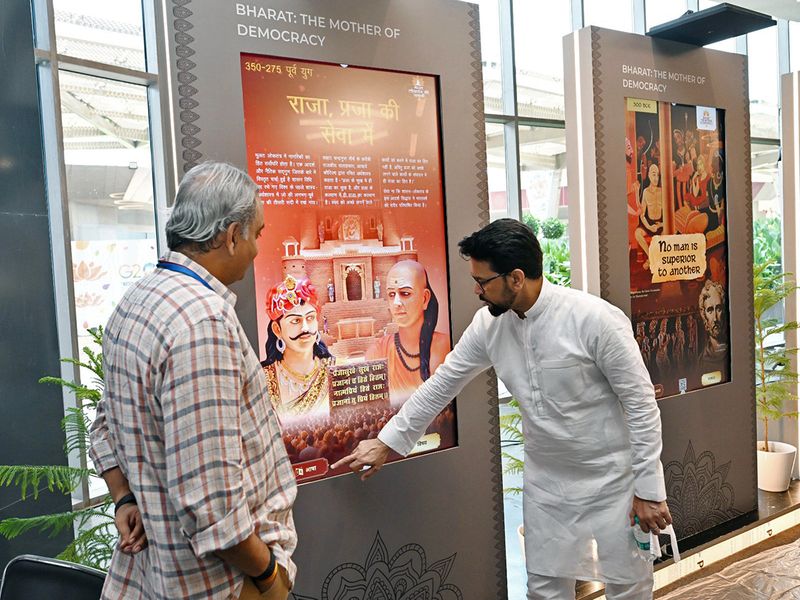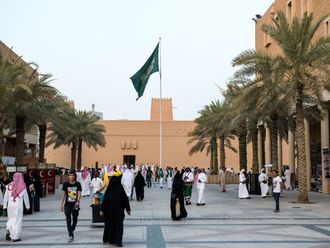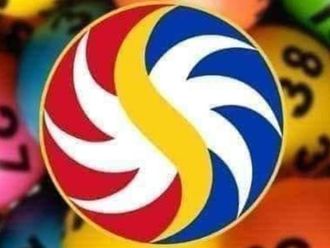
Dubai: A dinner invitation to G20 summit leaders from the “President of Bharat” has resulted in a war of words among India’s politicians, with some wondering if there were plans to scrap official usage of the country’s English name.
This weekend India hosts the G20 summit of world leaders, capped with a state dinner.
Indian President Droupadi Murmu is referred to as “President of Bharat” instead of “President of India” in the invitation sent to G20 attendees.
The nation of more than 1.4 billion people is officially known by two names, India and Bharat, but the former is commonly used, both domestically and internationally.
High offices in the country have typically stuck to titles such as President of India, Prime Minister of India and Chief Justice of India while communicating in English.
Bharat is an ancient Sanskrit word which many historians believe dates back to early Hindu texts.

Politicians from both the ruling and opposition fronts were quick to join the debate.
The change in nomenclature is backed by politicians who argue that the name India was introduced by British colonials and is a “symbol of slavery.”
“Another blow to slavery mentality,” Pushkar Singh Dhami, Chief Minister of Uttarakhand, said on X, formerly known as Twitter. Dhami, who is a leader of the ruling BJP, shared the dinner invitation sent to G20 guests in his post.
Federal Minister Rajeev Chandrasekhar said the country was Bharat and will always remain Bharat.
“I don’t understand what is wrong in writing President of Bharat. Our country is Bharat. I don’t think there should be any problem,” Chandrasekhar told reporters.
“If we don’t use Bharat name as Bharat, then what will we use. Our country is Bharat, so there should not be any doubt on this.”
Former Test cricketer Virender Sehwag said he welcomed the prospect of a name change and urged India’s cricket board to begin using “Bharat” on team uniforms.
“India is a name given by the British (and) it has been long overdue to get our original name ‘Bharat’ back,” he wrote.
Opposition criticises move
India’s opposition parties, however, criticised the move.
“While there is no constitutional objection to calling India “Bharat,” which is one of the country’s two official names, I hope the government will not be so foolish as to completely dispense with “India,” which has incalculable brand value built up over centuries,” opposition lawmaker Shashi Tharoor said on X.
Tharoor said Indians should “continue to use both words rather than relinquish our claim to a name redolent of history, a name that is recognized around the world.”
West Bengal Chief Minister Mamata Banerjee alleged that history is being rewritten in the country.
“...Today, they (Centre) changed the name of India. In the invitation card for the G20 Summit dinner, it is mentioned ‘Bharat’...In English, we say ‘India’ and the ‘Indian Constitution’ and in Hindi, we say ‘Bharat ka Samvidhan’. We all say ‘Bharat’, what is new in this? But the name ‘India’ is known to the world...What happened suddenly that they had to change the name of the country?... History is being rewritten in the country,” Banerjee said.
Over the years governments have worked to remove lingering symbols of British rule from India’s urban landscape and political institutions.
Last year, the government renamed a colonial-era avenue in the heart of New Delhi, “Raj Path” (King’s Way), used for ceremonial military parades, to “Kartavya Path”, or path of duty.
The government has called a special session of parliament for later in the month but it has remained tight-lipped about its legislative agenda.
But broadcaster News18 said unnamed government sources had told it that BJP lawmakers would put forward a special resolution to give precedence to the name “Bharat”.
- with inputs from agencies








